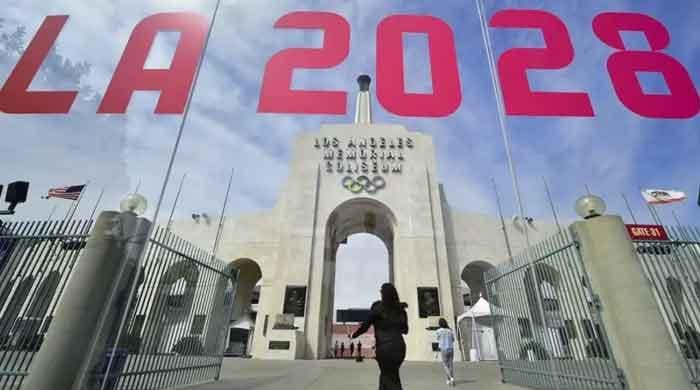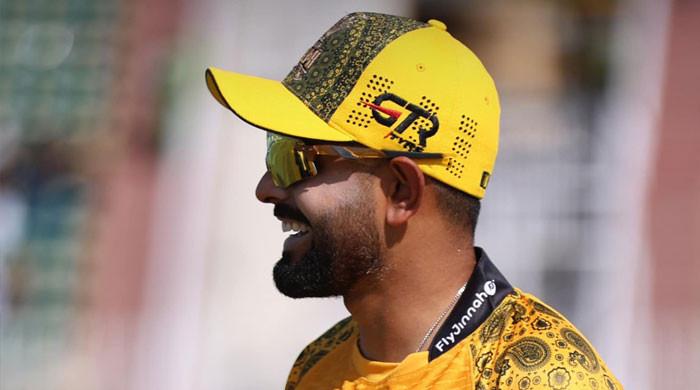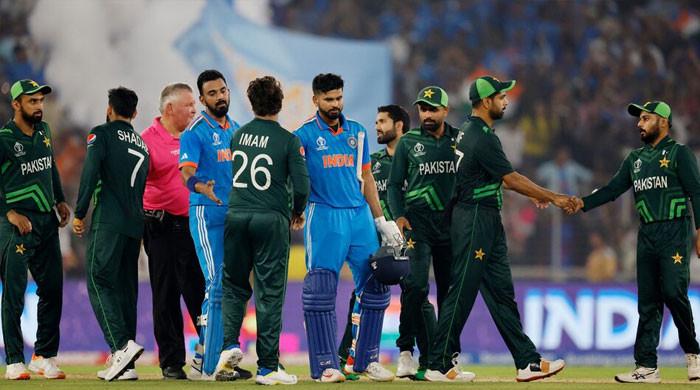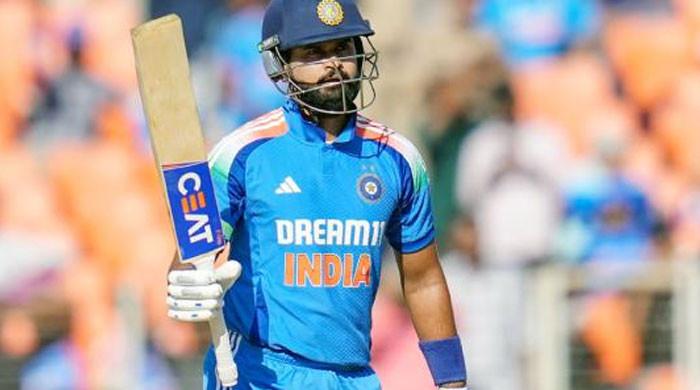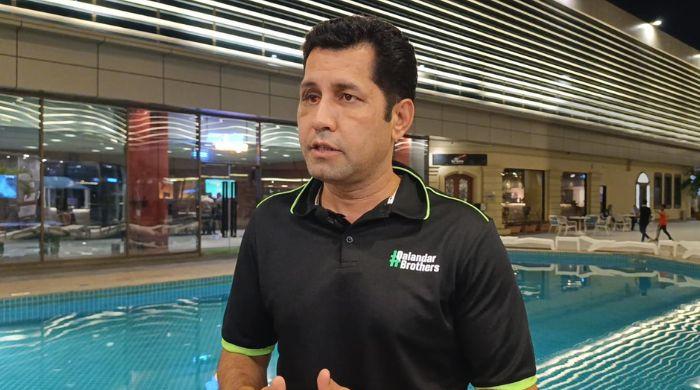Celebratory fire turns Iraq football win into nightmare
BAGHDAD: Thirteen-year-old Moqtada went outside his house to set off fireworks after a victory by Iraq's football team, but ended up a victim of celebratory gunfire, with a bullet lodged in his...
July 18, 2013
When Iraq beat South Korea in the U-20 World Cup quarter-finals this month, Baghdad erupted with the sound of gunshots, fired individually or in automatic bursts.
But while some were gleefully firing in the air, others were paying the price. Security and medical officials said at least four people were killed and around 21 wounded by gunfire after the match.
Celebratory shooting adds yet another danger to a country which has been hit by the worst violence since 2008. More than 2,600 people have been killed in attacks so far this year.
At a house in central Baghdad, Moqtada, a slightly-built boy with black hair, rested on his stomach on a narrow bed, a large bandage covering his wounded lower back. "I went out ... to play with fireworks" and "was hit in my back," Moqtada said in a quiet voice.
He intially thought he had been struck by a firework, but it soon became clear it was something more serious. "I was sitting at home watching the match, which Iraq won. We were happy," said Moqtada's uncle Rahim. "Then they called saying your nephew was hit by a shot."
Rahim said Moqtada was taken to a public hospital in Baghdad, but they refused to operate, saying it was too risky.
So the wounded boy had to be moved to a second public hospital.
It seemed the operation would be performed there, but doctors eventually decided it should be done at a third, privately-owned hospital, where the bullet was finally removed.
The boy's father Ali later told AFP Moqtada was recovering well from the gunshot and walking again.
But the operation, unlike treatment at public facilities, came at a steep cost -- 2.5 million Iraqi dinars (about $2,080) -- a huge expense that the family could ill-afford. They pooled money to pay the bill.
It was "all because of the match," Rahim said. "Clap, dance, celebrate, but not with shooting."
As for an upcoming match, he added: "I hope that Iraq will lose, it is better, I swear to God."
No victory would mean no celebratory shooting.
Interior ministry spokesman Saad Maan told AFP that people who fire weapons in the air can face arrest and the confiscation of their firearms. "If you want to celebrate, you can celebrate in a modern way," Maan said. "Anything else except using guns."
But celebratory shooting, which also occurs at some weddings and funerals, is still common in Iraq, and security forces are sometimes part of the problem.
The night Moqtada was shot, one witness saw federal policemen in the Zayouna area of Baghdad firing a Kalashnikov assault rifle and a machinegun into the air, though an officer came and called them to account.
People usually fire into the air at an angle, meaning that "the bullet will come back to earth on a parabolic curve with some residual velocity," said Ronald Scott, a US-based forensic consultant on firearms, ballistics, and shooting reconstructions.
This poses serious danger: "Gunshots fired in the air have a very high degree of causing serious bodily injury or death because it is rare that they are actually coming back to earth in a free-fall vertically," when they pose much less danger, Scott said.
Some Iraqis have had more than enough of the practice. "We don't want it to continue," Ahmed Midhat Ibrahim said at a Baghdad cafe. "It is unbelievable for those who are going to celebrate to be shot and maybe killed."
And one fan urged in a text message displayed at the bottom of the screen during another match: "If you love Iraq, do not fire in the air after the game." (AFP)




